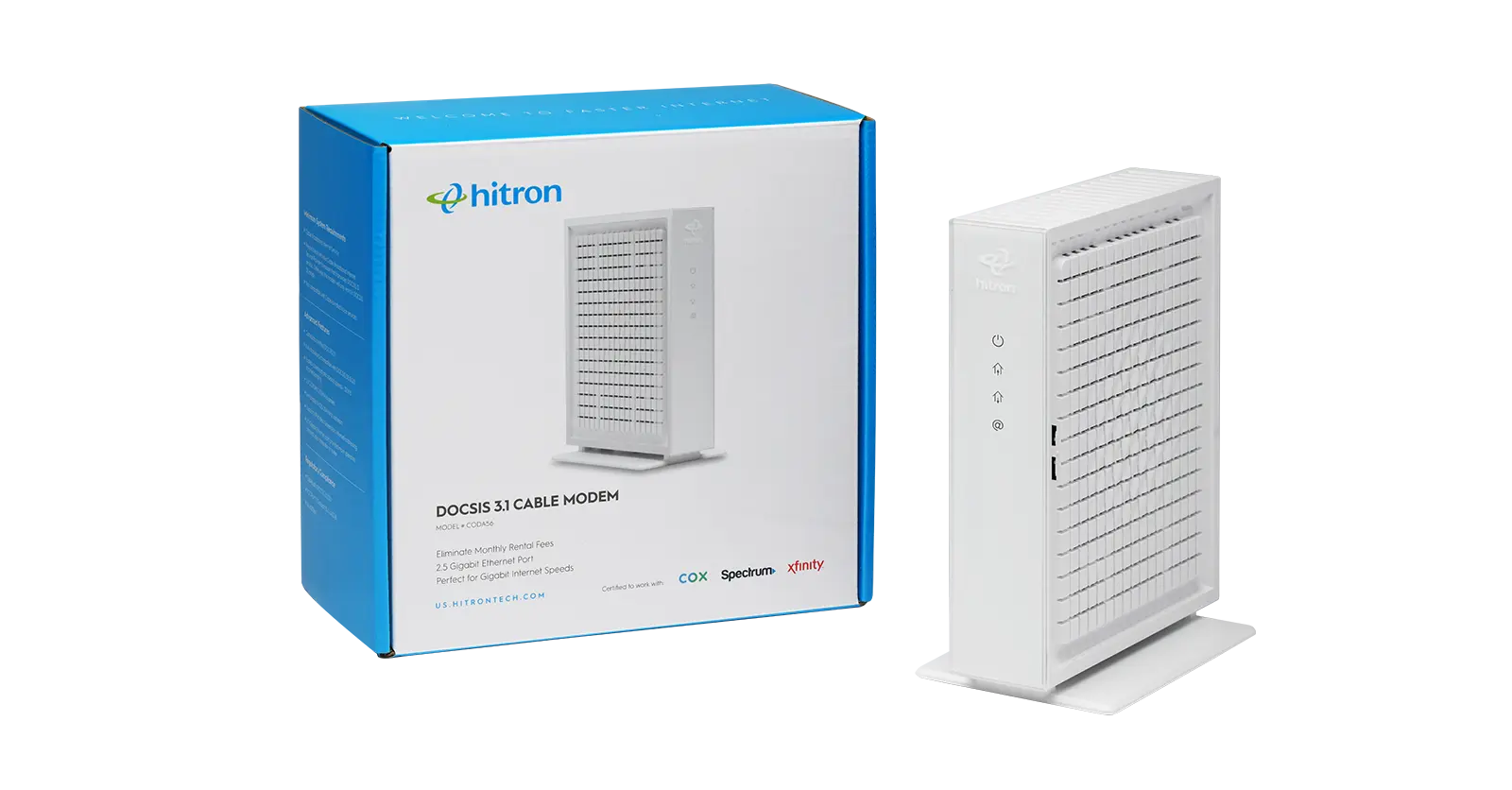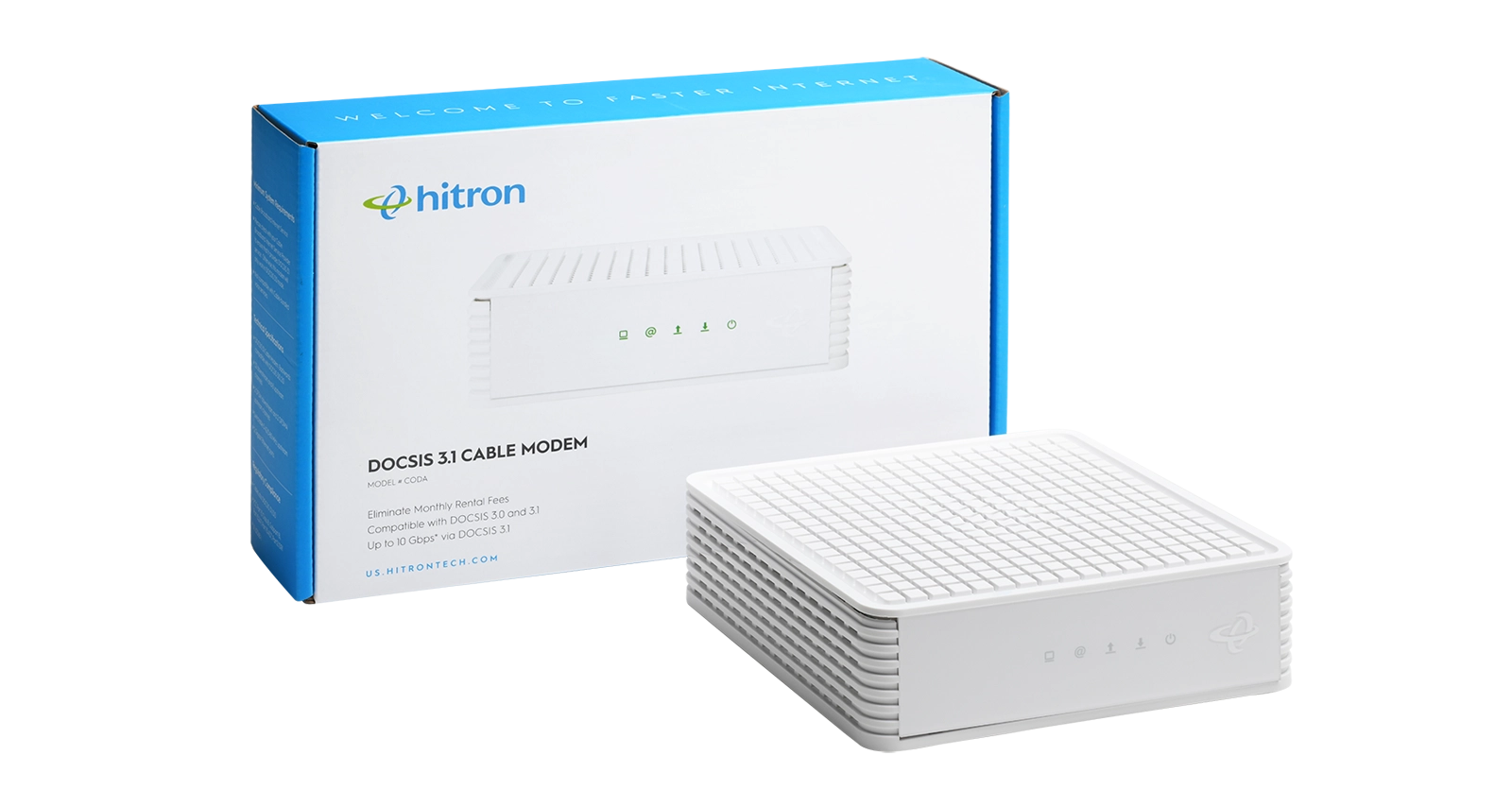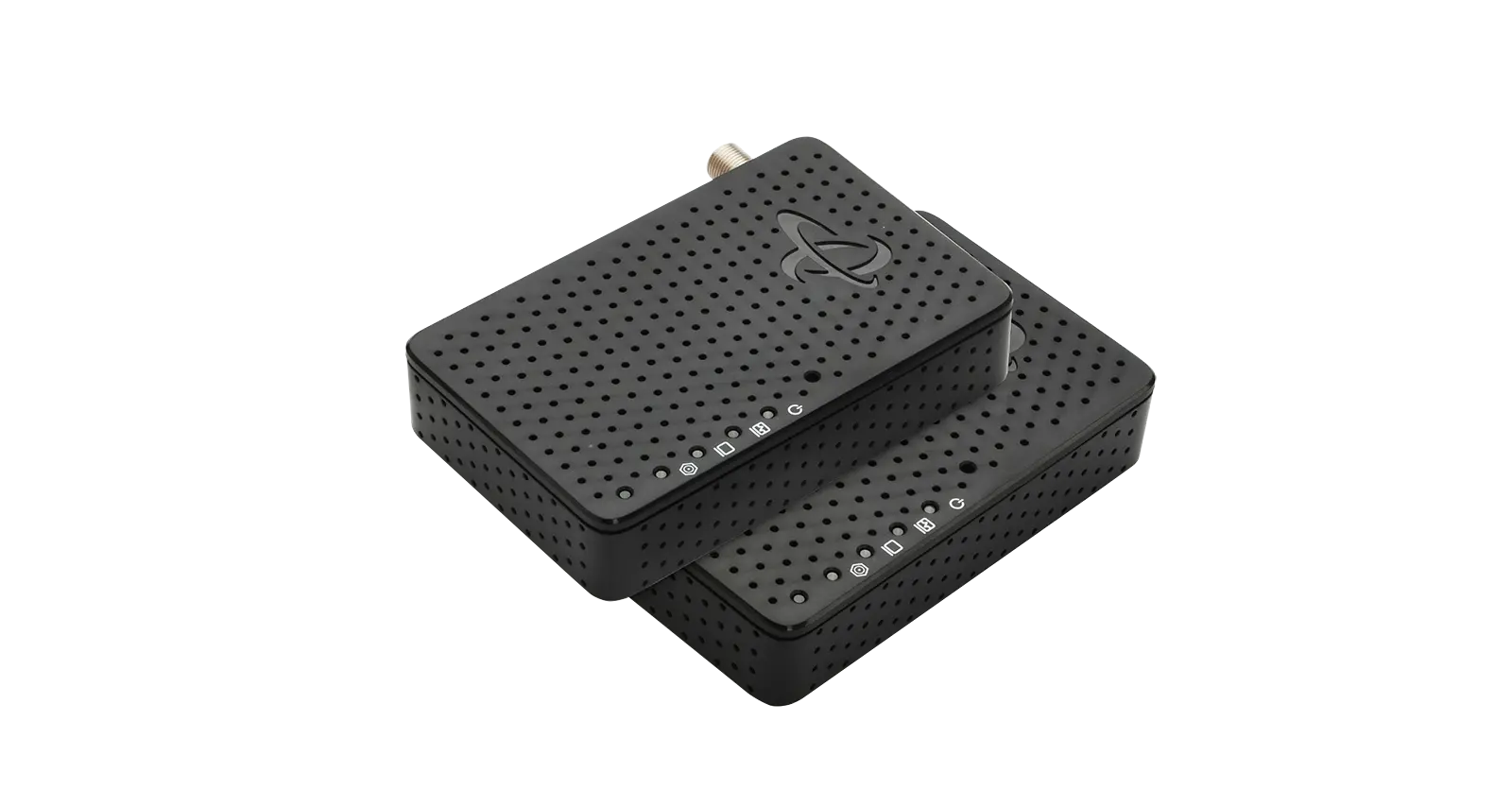Are you frequently losing Internet connection? Lagging streaming or slow Internet speeds? There may be a few reasons why this may be happening, but before you call your Internet Service Provider (ISP), you should try troubleshooting your cable modem first to determine if it is causing the issues.
Your cable modem connects your computer to your Internet Service Provider. A cable modem uses the coaxial cables or coax TV wiring in your home to deliver the high-speed Internet connection to your devices. This coaxial wiring or coax cable, can be prone to wiring issues and should also be checked, but we will cover this later in this article.
Before calling your ISP, try the following troubleshooting to see if your cable modem is faulty:
- For New Service – Check if Internet is activated – If your service is new, make sure that you have activated your Internet Service with your Internet Service Provider. To activate your Internet service, visit your cable Internet provider’s website and follow the instructions to activate your Internet service.
- Check the coaxial cable– make sure your coax connections are secure at the modem and at the coax outlet. You can use a coax cable tester like Hitron’s DSS-01 Coax Cable Tester to ensure that your coax outlet or wiring is receiving an Internet signal from your Internet Service Provider.
- Check the Ethernet cord– make sure your Ethernet connections are secure at the modem and at the computers’ Ethernet port.
- Power off your modem– rebooting your modem by powering it off for at least 10 seconds and then power it back on.
- Restart your computer or routerconnected to the cable modem. This ensures that they receive a correct IP address from the modem.
With Hitron’s DSS-01 Coax Cable Tester, you can save yourself the hassle of waiting on hold with your cable Internet provider and do some of the major troubleshooting yourself with this handy tool. It tests your coax outlets and wiring connected to your cable modem to verify if your cable modem is receiving a valid Internet signal. Coaxial wires and cabling can easily get pinched or bent with everyday activity, such as someone accidently stepping on the cable, tripping over it, or its been chewed by a family pet. By testing your coax, you can tell if the issue is with your cable modem, coax or your Internet Service Provider.
The DSS-01 Coax Cable Tester is easy to use. In 10 seconds or less, you will have the accurate results. Say good-bye to the frustration and hassle of carrying your cable modem from coax outlet to coax outlet to test it. The DSS-01 Coax Cable Tester is available to purchase on Amazon.
Still need help with your cable modem? Read our other articles on Cable Modems and Routers, or Coax Cable testing on Hitron’s Learn section.


